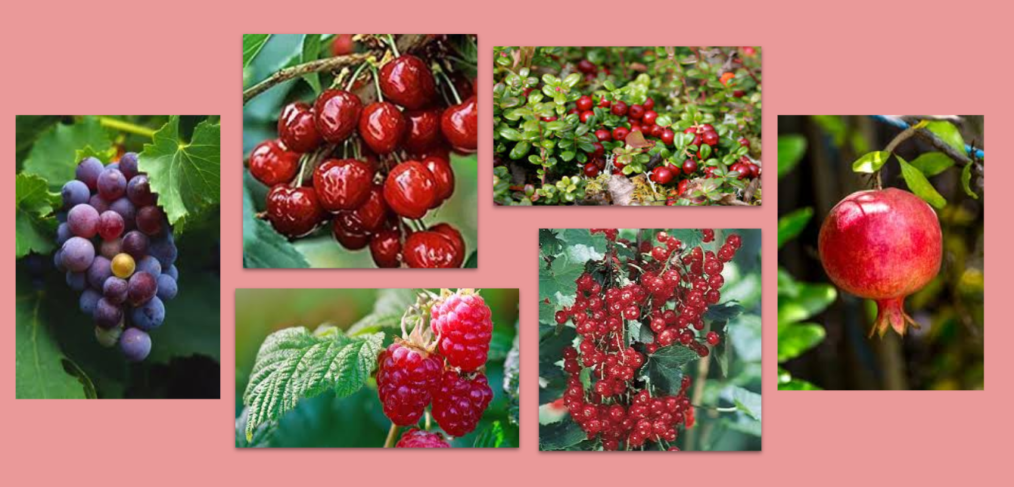
Antioxidants for Inflammation
You need antioxidants for inflammation. Simply put, inflammation flares when free radicals outnumber antioxidants in your body. While this is a good thing because of surgery or an acute trauma, it’s trouble if it continues chronically. Inflammation is the sign of tissue damage. You want to stop that damage and quench the fire. That’s why you need to eat antioxidant foods AND make antioxidants within your body.
Common Triggers for Chronic Inflammation
You’ve probably heard it before. However, the textbook answers are still true. Here’s a short list of lifestyle factors that contribute to inflammation.
- Sleep deprivation (Anything less than a consistent 8 hours per night is considered inadequate.)
- Extreme exercise
- Sustained elevated blood sugars
- Eating oxidized or rancid fats (Hint: this includes transfats and vegetable oils such as canola, cottonseed, soy, safflower, and corn.)
- Toxicity from heavy metals, chemicals, or pathogens
- Chronic simmering infection
- High levels of emotional or physical stress
What are Antioxidants?
If your body were a car, the antioxidants would be the steel brushes that removed the rust from your parts. While you don’t actually rust like metal, you still have natural processes at work that can damage your tissues. Without antioxidant molecules, you wouldn’t be able to reverse this damage.
Antioxidant Foods for Inflammation
Look for rich, deep natural colors in whole foods to signal high antioxidant content. For example, dark, leafy greens and bright, red berries are great choices. Interestingly, spices are among the foods highest in antoxidant content. Use both warming spices and cooling herbs in your cooking! In particular, include cumin, ginger, turmeric, parsley, mint, and cilantro.
Another category of antoxidants for inflammation is dark-fleshed fish, such as sardines, salmon, herring, and mackerel. Undoubtedly, these are high in antioxidant omega-3 fatty acids.
How to Synthesize Antioxidants for Inflammation
As important as antioxidant-rich whole foods in your diet are, it’s even more critical that your body be able to make its master antioxidant, glutathione. Indeed, your ability to quell inflammation hinges on this molecule, made from three amino acids, glutamine, glycine, and cysteine. The latter requires methionine for its synthesis. Therefore, getting the essential amino acid, methionine, in your diet is imperative. Eggs, meat, fish, nuts, and seeds are the best sources of methionine. Legumes, though protein-dense, have very little methionine. Most fruits and vegetables have almost none.
Two other substances necessary to create glutathione are sulfur compounds and vitamin B-6. When you use onions & garlic in your cooking, your are adding sulphur compounds. Also, cruciferous vegetables contain high amounts of sulfurs. This class of vegetables includes broccoli, kale, cauliflower, cabbage, turnips, spinach, Brussels sprouts, horseradish, and wasabi!
While prominent in many foods, Vitamin B-6 serves several essential functions besides making glutathione. If your diet and lifestyle are putting heavy demands on your body, it’s easy to be short-changed on this lifestyle. Some conditions that make it likely you have insufficient B-6 include smoking, diabetes, alcoholism, celiac disease, rheumatoid arthritis, and inflammatory bowel disease.
The key to vitamin B-6 sufficiency is being able to convert it to its active form. Eating more foods high in this vitamin is not helpful if you can’t convert pyridoxine to pyroxidol 5-phosphate. You can work with a functional practitioner to remedy this problem.

One comment